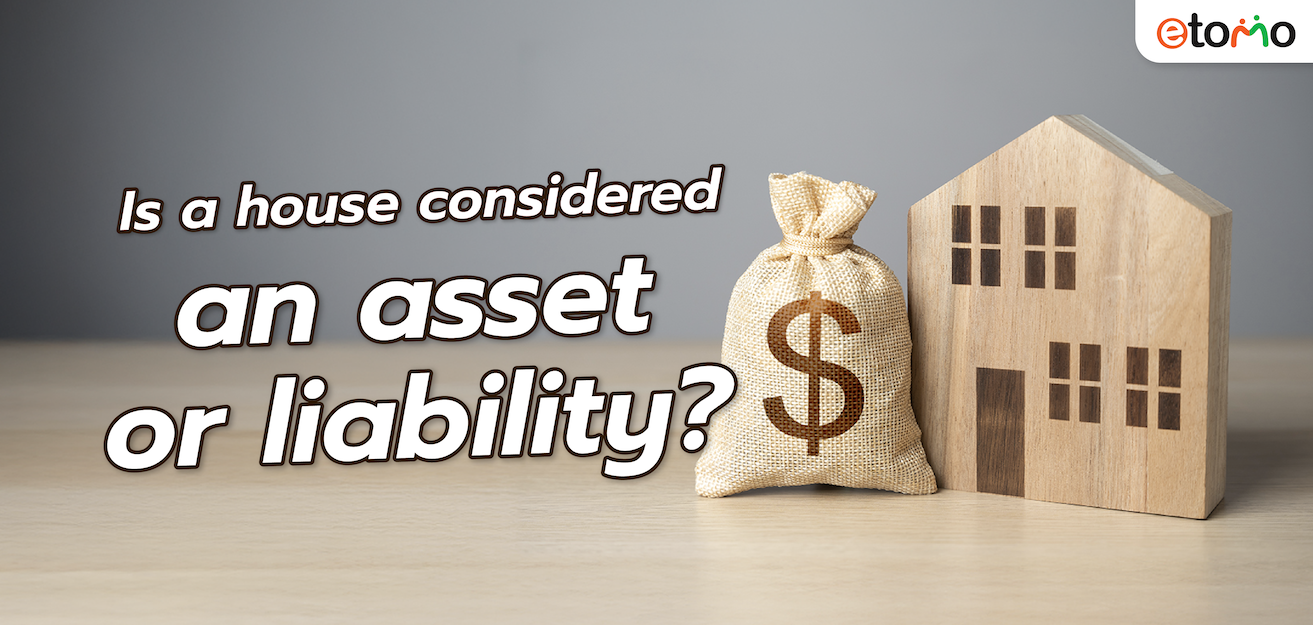When it comes to personal finance, one of the most common debates is whether a house is considered an asset or a liability. This distinction can significantly affect how you manage your finances and plan for the future. Understanding the definitions of assets and liabilities, along with the specific implications of owning a home, can provide valuable insights into your overall financial picture. In this article, we will explore what constitutes an asset and a liability, discuss their differences, and clarify the status of a house in this context.
What is an asset?
An asset is any resource owned by an individual or entity that holds economic value and can provide future benefits. Assets can be tangible or intangible and are essential components of your financial portfolio. Common examples of assets include cash, stocks, real estate, vehicles, and investments. Assets contribute positively to your net worth and can appreciate in value over time, making them crucial for wealth accumulation.
What is a liability?
A liability, on the other hand, is a financial obligation or debt that an individual or organization owes to another party. Liabilities represent claims against an entity’s assets and can include loans, mortgages, credit card debts, and other forms of financial responsibility. Liabilities reduce overall net worth and must be managed carefully to maintain financial stability.
What is the difference between asset and liability?
The primary distinction between assets and liabilities lies in their impact on your financial position:
- Assets: These items add value to your overall net worth. For example, if you own a rental property worth $250,000, that property is considered an asset because it has value and the potential to generate rental income.
- Liabilities: In contrast, these are debts that subtract from your net worth. For instance, if you have a mortgage of $150,000 on that rental property, the mortgage is a liability because it represents money that you owe.
In essence, assets are valuable resources that can generate income or appreciate over time, while liabilities are debts that need to be repaid, reducing your financial wealth.
Is a house considered an asset or liability?
A house is generally classified as an asset because it is a tangible property that has intrinsic value. It can appreciate over time, contributing positively to your net worth. Additionally, owning a house can build equity, which is the difference between the property’s market value and the outstanding mortgage balance.
However, it is essential to consider that a house also comes with associated liabilities, such as mortgage payments, property taxes, insurance, and maintenance costs. These expenses can create financial burdens and impact your cash flow. Therefore, while the house itself is an asset, the liabilities tied to it must be managed effectively to ensure a positive overall financial position.
In summary, a house is generally considered an asset due to its value and potential for appreciation. However, the associated liabilities that come with homeownership, such as mortgage and maintenance costs, must also be taken into account. Understanding this distinction is vital for effective financial management, as it enables homeowners to assess their financial situation comprehensively and make informed decisions about their real estate investments. Ultimately, a house can be both an asset and a liability, depending on how it fits into your broader financial picture.






